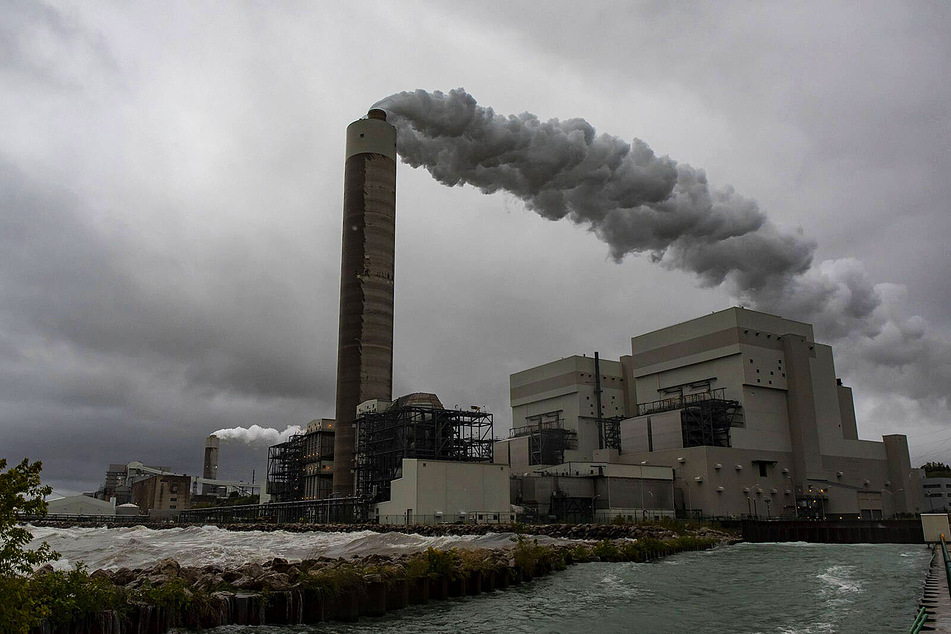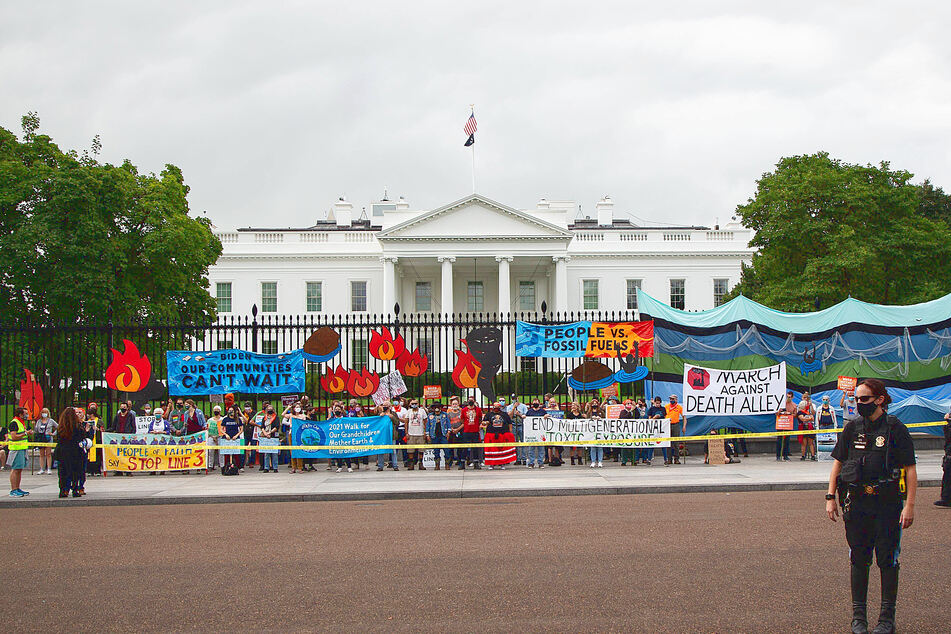Net Zero: Useful climate goal or empty political buzzword?
Nations around the world have pledged emissions goals to fight climate change, saying they will reach "net zero" by 2050. But what does this term really mean? Is it a useful goal to frame climate action or just an empty political buzzword?

Greenhouse gases (GHG), also referred to as carbon, emissions, or CO2-equivalent (CO2e), are causing devastating climate change.
To fight that, world leaders and corporations are pledging to reach net zero in the next decades.
The basic idea of net zero is to match the amount of global emissions with the amount removed from the environment.
That simple concept gets complicated by the world's continued dependence on fossil fuels and the lack of any mature CO2e removal technology.
Until fossil fuel use is reduced to zero, reaching equilibrium is still one step short of the ultimate goal of actually reducing the total amount of CO2e contributing to climate change.
Carbon capture and sequestration (CCS), one much-touted tool for removing carbon from the atmosphere that involves locking it away in rock formations, is still taking baby steps as a fossil fuel industry publicity stunt.
CCS technology will eventually play a part in going past net-zero emissions to negative emissions – but the fight against climate change will be decided long before it's ready to help the world reach net zero.
Net zero necessary by 2030

The US plans to reach net zero by 2050 at the latest, but in order to have any chance of stopping the worst effects of climate change, the world needs to reach equilibrium by the end of this decade.
Whatever happens next, just like with projections on sea-level rise and the risk to the entire US coastline, the warming climate won't flip a switch and suddenly descend into apocalypse in 2030 or 2050 for that matter.
Rather, every fractional change in temperature will be paid for in damage to communities, infrastructure, ecosystems, species – and lives.
As leaders like Ruth Miller discussed during the youth4climate conference, not every country can easily transition away from fossil fuels without tanking their economy. That is why COP26 will be a crucial crossroads for working together to fight climate change.
Wealthier nations and higher emitters, such as the US, have the economic clout to help developing nations transition to green energy and reach net zero. But it's not just about what happens elsewhere, either. Biden's current 2050 deadline is also too little, too late. This kind of emissions aim is a necessary part of the climate conversation, but it is often attached to goals that will not deal with avoidable impacts of climate change.
The current levels of warming are already deadly and destructive, and curbing emissions by 2030 is needed if climate change is to be halted before the consequences grow even more extreme.
Plans that allow for continued fossil fuel use until 2050 are naive at best, or maliciously ignorant at worst. The cost is too high for too many people at current warming levels, let alone if climate change pushes the global average past 1.5 degrees Celsius as compared to pre-industrial levels.
Cover photo: IMAGO/ZUMA Wire